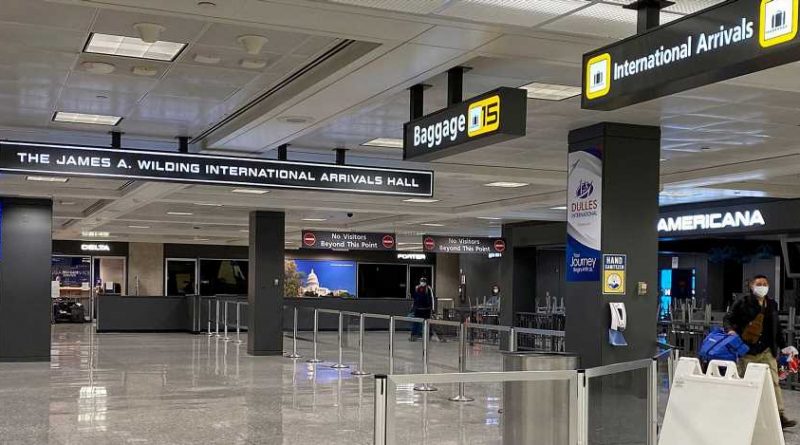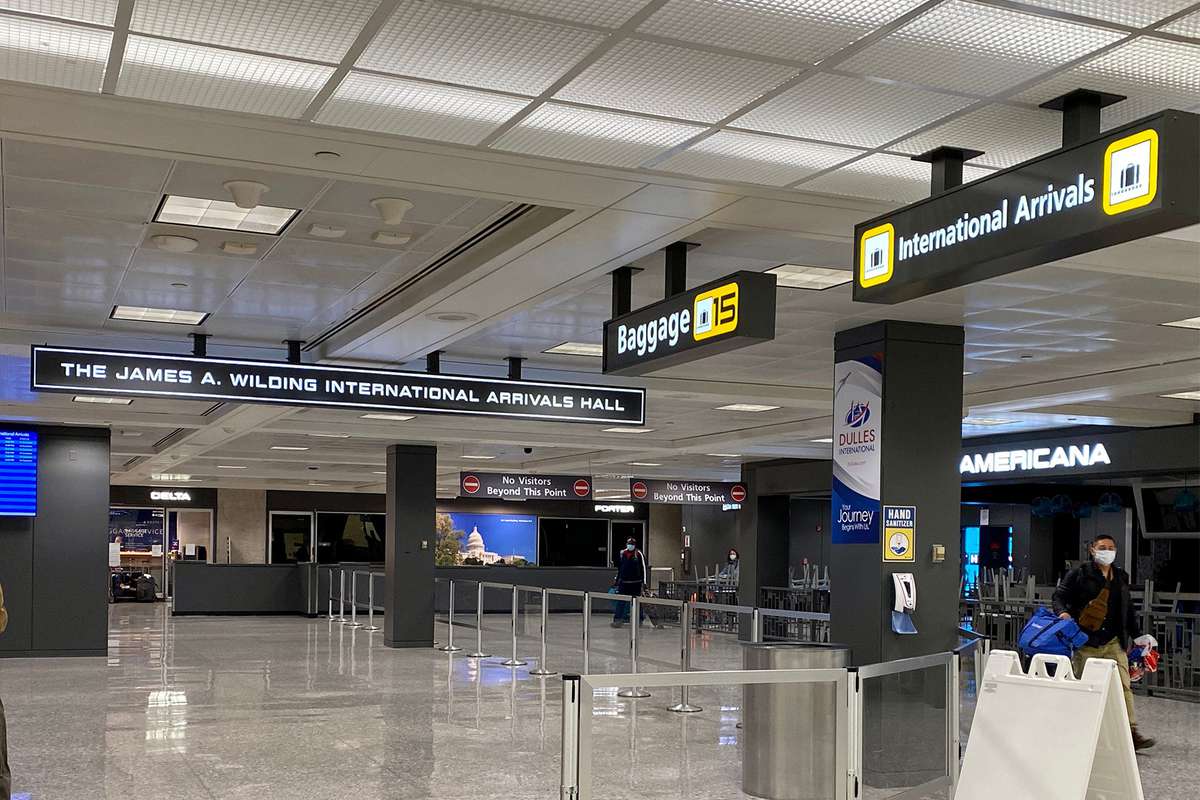CDC to Require All International Travelers to Test Negative for COVID-19 Before Entering U.S.
All international travelers will soon be required to arrive in the United States with a negative COVID-19 test, according to new guidance from the U.S. Centers for Disease Control and Prevention released Tuesday.
Under the new rules, travelers flying to America would have to show proof of a negative viral test before boarding their flight. The test must be taken within three days of their scheduled departure and passengers will have to show written documentation to the airline. Alternatively, passengers can provide proof they have recovered from COVID-19.
The new rule will go into effect on Jan. 26.
"Testing does not eliminate all risk," the CDC's Director Robert R. Redfield said in a statement. "But when combined with a period of staying at home and everyday precautions like wearing masks and social distancing, it can make travel safer, healthier, and more responsible by reducing spread on planes, in airports, and at destinations."
The updated guidelines come just weeks after the CDC started requiring those flying from the United Kingdom to the U.S. to arrive with a negative COVID-19 test following the emergence of a new, and seemingly more contagious, strain of coronavirus across the pond. That strain has since been discovered in several states, including New York, Colorado, California, and Florida.
It's also in line with the travel restrictions several states have implemented as well as many foreign countries that accept American travelers.
When coming back from an international trip, the CDC recommends travelers get tested again three to five days after arrival and self-quarantine for seven days, even if they have tested negative. Previously, the agency simply recommended international travelers get tested one to three days before returning to the U.S.
Scott Keyes, the founder and chief flight expert of Scott's Cheap Flights, told Travel + Leisure the new testing requirements likely won't have an immediate impact on travel demand, but it's a promising step.
"It's a step in the direction of being able to open international travel again," he said. "It's completely unrealistic to assume that from where we are today to the moment in the future where international travel looks like it did, that it's just going to be a one step process — things are going to go in baby steps. I imagine that this is not going to be the final step."
In fact, Keyes thinks vaccine passports — or proof of immunization against COVID-19 — will ultimately be what gets travel off the ground.
"My hope is that within a couple months, the vaccine rollout is going to be much broader… and that that will be the primary way in which international travel opens back up," he said.
Alison Fox is a contributing writer for Travel + Leisure. When she's not in New York City, she likes to spend her time at the beach or exploring new destinations and hopes to visit every country in the world. Follow her adventures on Instagram.
Source: Read Full Article




